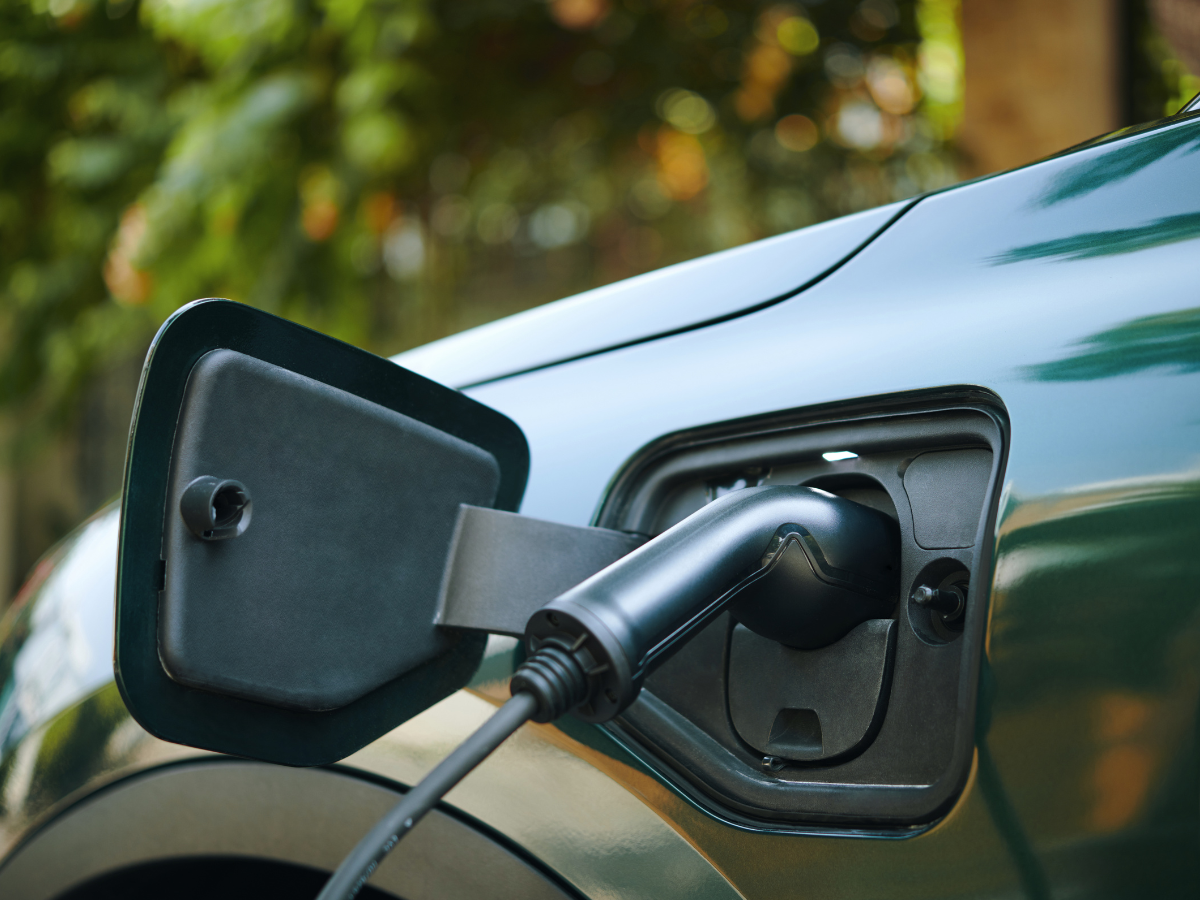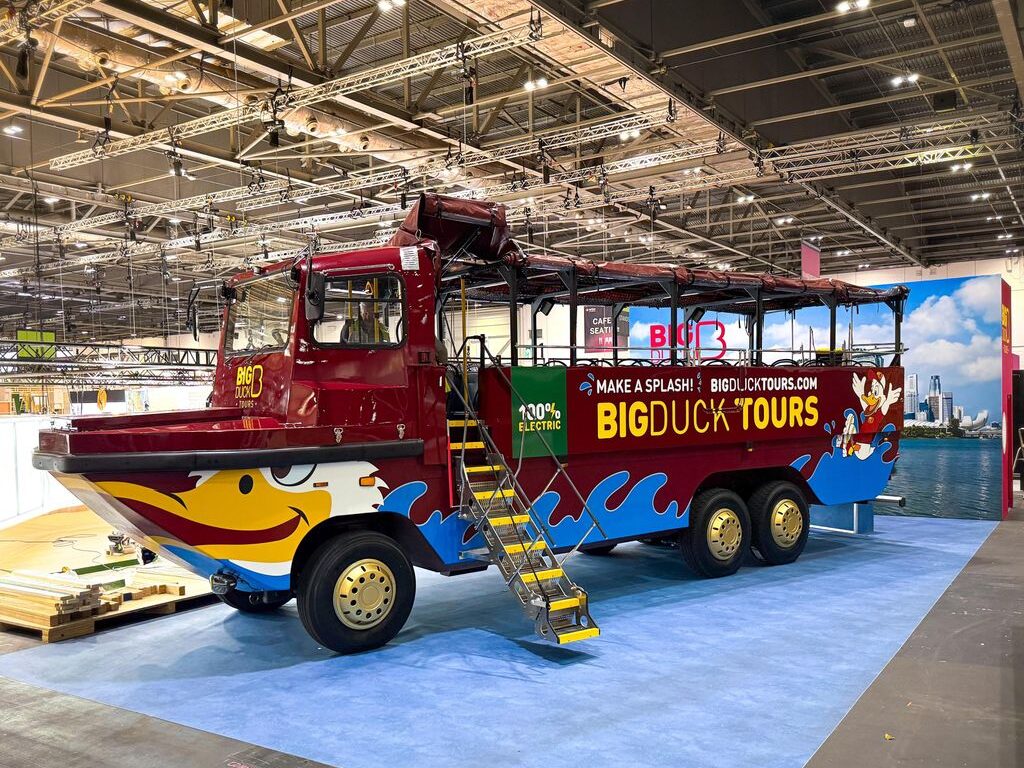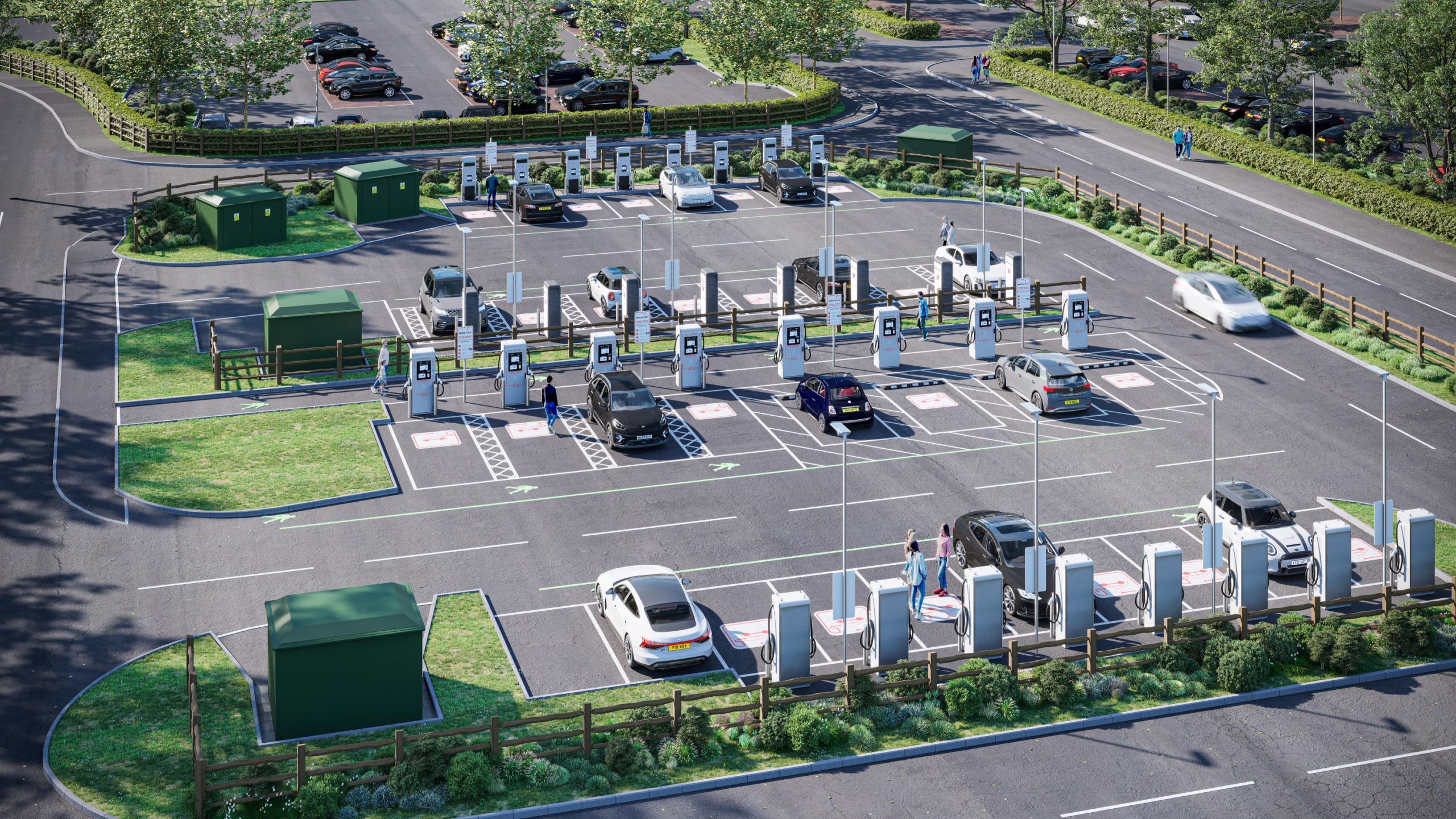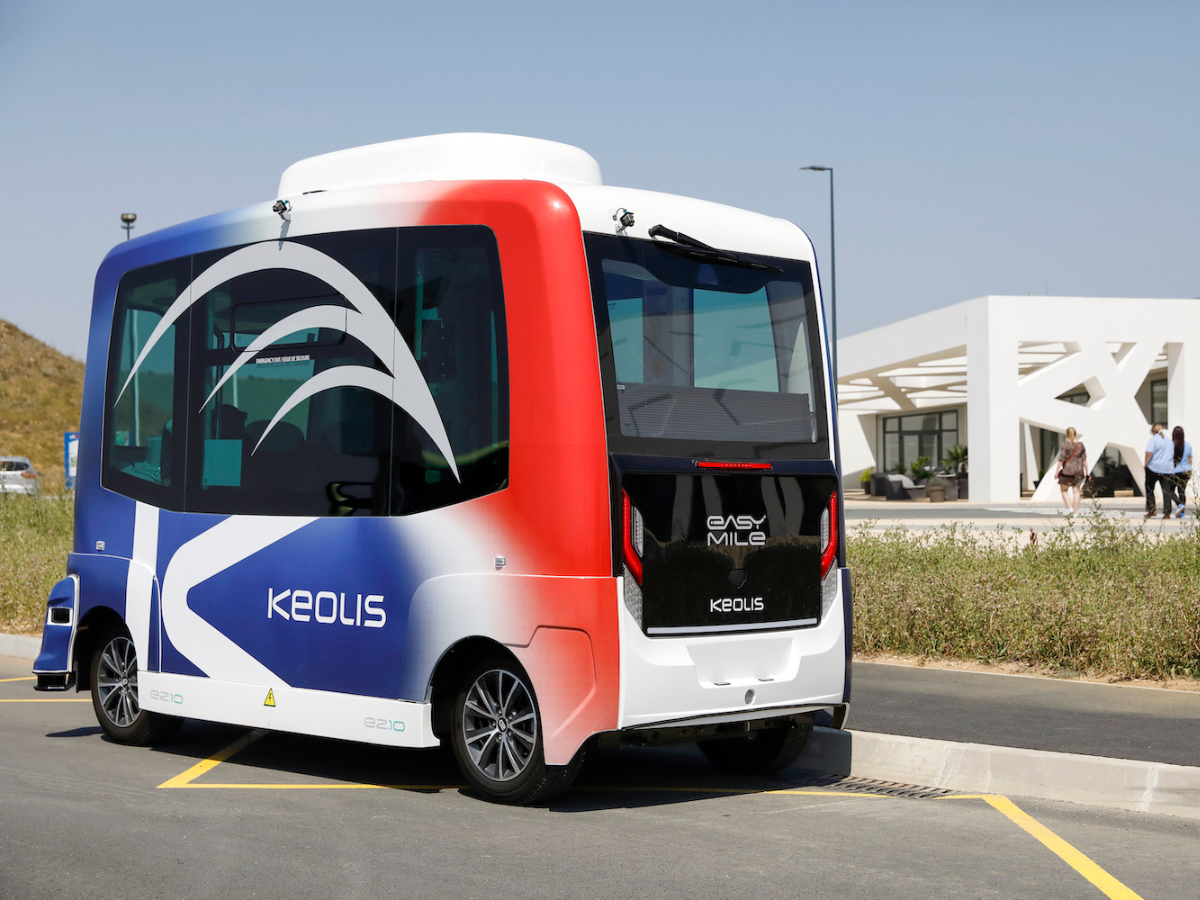Aerospace and defence company BAE Systems and Swedish electric aircraft manufacturer Heart Aerospace are partnering to define the battery system for Heart’s ES-30 regional electric plane.
The battery is to be the first of its kind to be fitted into an electric conventional take-off and landing aircraft (as opposed to an electric vertical take-off and landing – eVTOL – aircraft) for regional flights. This would result in an aircraft that is quieter than its conventionally fuelled counterparts and that produces no direct emissions.

BAE Systems has a lot of expertise in electrifying large, heavy-duty industrial vehicles and it will now bring that expertise to the aircraft manufacturer.
The work on the programme will take place at BAE Systems’ facility in Endicott, New York.
Another reason why Heart Aerospace wanted to collaborate with BAE Systems on this project was the company’s experience in developing safety critical control systems for aerospace, Sofia Graflund, COO at Heart Aerospace, said.
The ES-30 plane will be powered by four electric motors and will have an all-electric flying range of 200 kilometres as well as an extended reserve hybrid range of 400 kilometres with 30 passengers or up to 800 kilometres with 25 passengers.
Heart Aerospace also envisages that the ES-30 will have a “cost-effective and scalable upgrade path” thanks to the progress being made in battery technology. The expectation is that a battery weighing the same will in the future deliver increased usable energy, resulting in longer flight durations and therefore more route options.
Heart Aerospace currently has 230 orders for its ES-30 aircraft as well as 100 options and a letter of intent for a further 108 aeroplanes.














